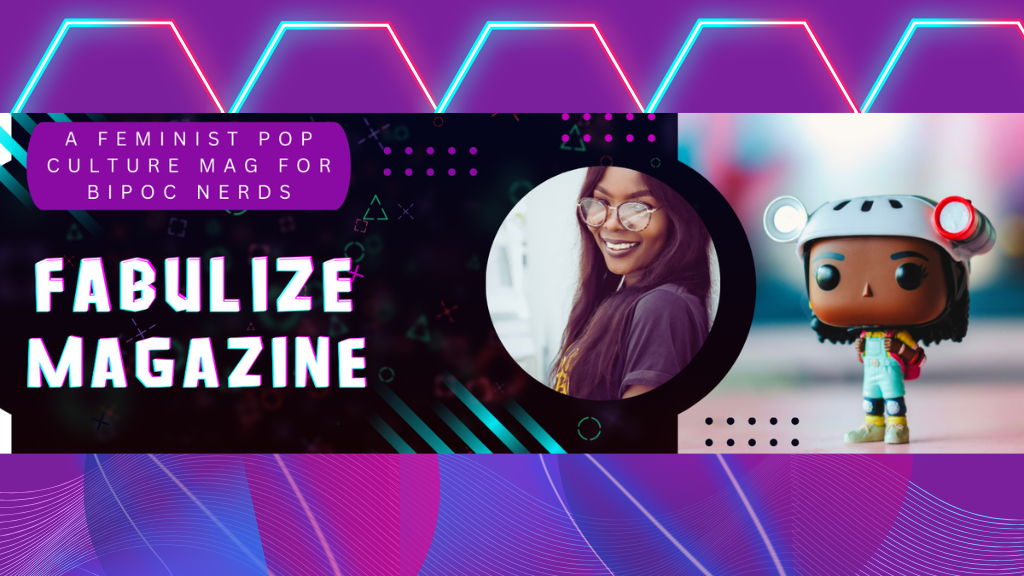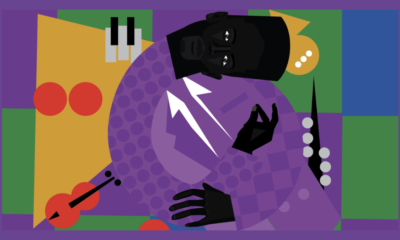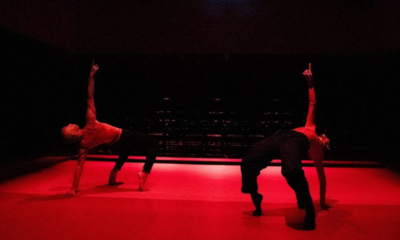Editor’s Note: The views here are based on the experiences of the author.
The news about how and why Universal FanCon went up in flames manages to get more terrible with each passing day. A lot of the focus has been put on one of the co-founders, Jamie Broadnax. Jamie is the creator and owner of Black Girl Nerds, a site for and by black women participating in nerd/geek subcultures. Along with Robert Butler, Broadnax was listed as a co-founder of Universal FanCon and she lent the Black Girl Nerds branding to the event for credibility. BGN has been influential in the nerdy black community in providing space for black nerd women to simply exist and speak our truths. Jamie has been hailed as a heroine for black nerds everywhere so the betrayal and possible scam she has perpetrated on the community has made many people rightfully furious.
As Clarkisha Kent succinctly stated The Root, it be your own people sometimes.
But there’s another conversation around Broadnax that we need to have: the perpetuation of anti-blackness in fan communities and how the hierarchy of subculture damages us all.
It starts with the site’s mission statement. BGN was formed out of the need for community, specifically community with People That Look Like You. Other black women, other black nerds that share your passions. Everyone deserves that type of community, but when you are simply trying to survive on the margins, finding that community is hard. Fans of color, in particular, are often erased out of existence even for media that is aimed at them – comic books and anime/manga are the biggest offenders of this. How can this be? Isn’t the fandom community supposed to protect the bullied, those of us that are a little different from the norm? Who pushes the grain harder than black folk?
Because subcultures are ultimately microcosms of larger society. Because the media we consume reflects the default, the face of fandom is also set for default – white, usually male until it comes to traditionally feminine activities like fanfiction. And because the media we consume regularly perpetuates antiblack attitudes and stereotypes of black folks, it’s no surprise that white fans do the same. Media tells us that black folks can’t be “different”. Black women can’t be quirky, they have to be tough and streetwise. Black men can’t be sensitive and shy, they have to be downtrodden but inexplicably cool. The idea that black people can’t be part of unpopular nerd culture or that there is no space to contain those of us that have been watching Battlestar Galactica all our lives is what drove many people to create their own groups, which is exactly what BGN did.
There’s a catch here, however. The fact is communities of black girl and femme nerds already existed before BGN. They were on LiveJournal, on MySpace, on Tumblr, in independent ‘zines, anywhere you cared to look. We’ve known fandom at large is racist for quite some time. BGN just happened to hop on the branding and position itself as the only place for black nerd women right as those other communities were becoming ghost towns or only existed on dying platforms.
But what good is a community for black folks that perpetuates the same antiblack behaviors as the dominant mainstream culture? What good is a group for women that are complicit in the same misogyny that we’re trying to escape from with male-dominated communities? BGN rose to the top of the nerd pile but ended up engaging in the very same bullying behavior that the founders claimed the site to be a shelter against. Writers weren’t getting paid, bullying by the creator herself was being covered up. Complaints were silenced, ignored, and spirited away because BGN was set up as the only space for black nerd women. If not this place, then where else?
This is a cycle that happens based on the unspoken hierarchy of subcultures. Subculture social capital is heavily based on knowledge. The more knowledge that one is perceived to have, the higher up the ladder you are. Typically, that translates to longevity and the elders of your scene. But not always. Definitely not in this case, where the image of a fangirl is young. (Did I forget to mention white?) Anyone older than mid-twenties is an embarrassment, reflecting the mainstream culture’s distaste for women past their “prime”. A little cult of celebrity plays into it as well, but the defining factor here is antiblack attitudes. Here with Broadnax was a black woman that wasn’t quite like those other black women. She could be angry but stayed in her lane. She was nice. Respectable. Accessible. Older and a mentor figure to young black women. She embraced problematic faves and non-black PoC dropping AAVE as seen with her series of videos with BD Wong. She was bullied in school for being a different type of black person for engaging in an activity seen as white – something a lot of black nerds can relate to. Something else black nerds can relate to is when one of our ranks start absorbing the attitudes of mainstream culture and perpetuates abuse. Again, it really be ya own people. These anti-black and misogynist attitudes kept BGN contributors and fans bound to the brand under the idea that there wasn’t anywhere else to go to suit their needs, and the exact same attitude is what keeps black nerds from finding community.
At the end of the day, the attention around Broadnax, BGN, and eventually Universal FanCon is going to die down. Once no longer buoyed by drama and e-fame, everyone involved will drift into internet obscurity. My concern is that there will be another. The problems that allowed these events to occur are still there. It’s only through meaningful conversation, breaking down barriers, and community-building that we will be able to stop it. Black nerd communities exist everywhere and we should be able to demand better of our peers. These are the lessons we need to take from this utter implosion to move on to the future of creating better, inclusive communities for all marginalized nerds.
You can follow E. Young on Twitter.

E. Young on Twitter @Xenoxands










